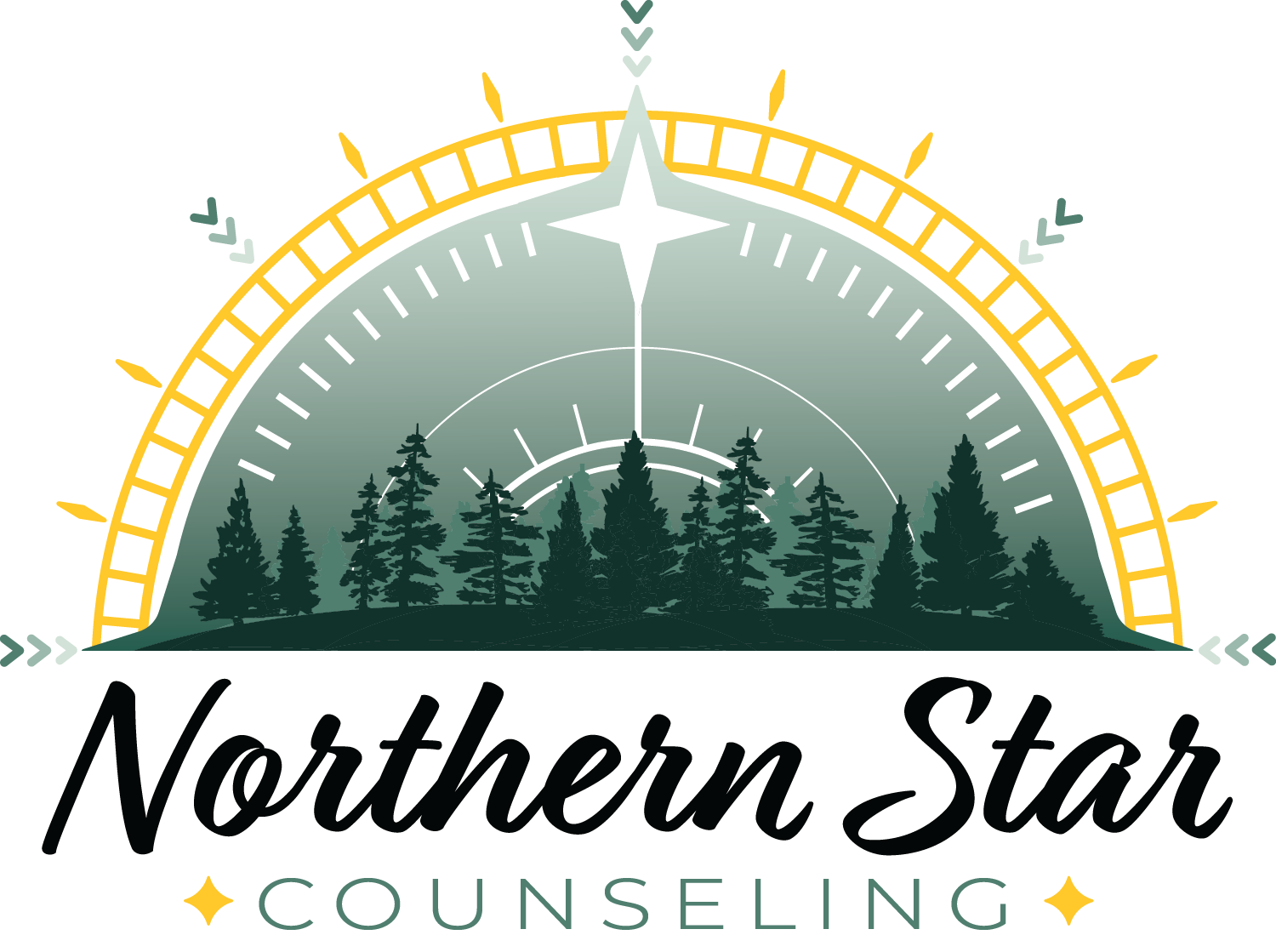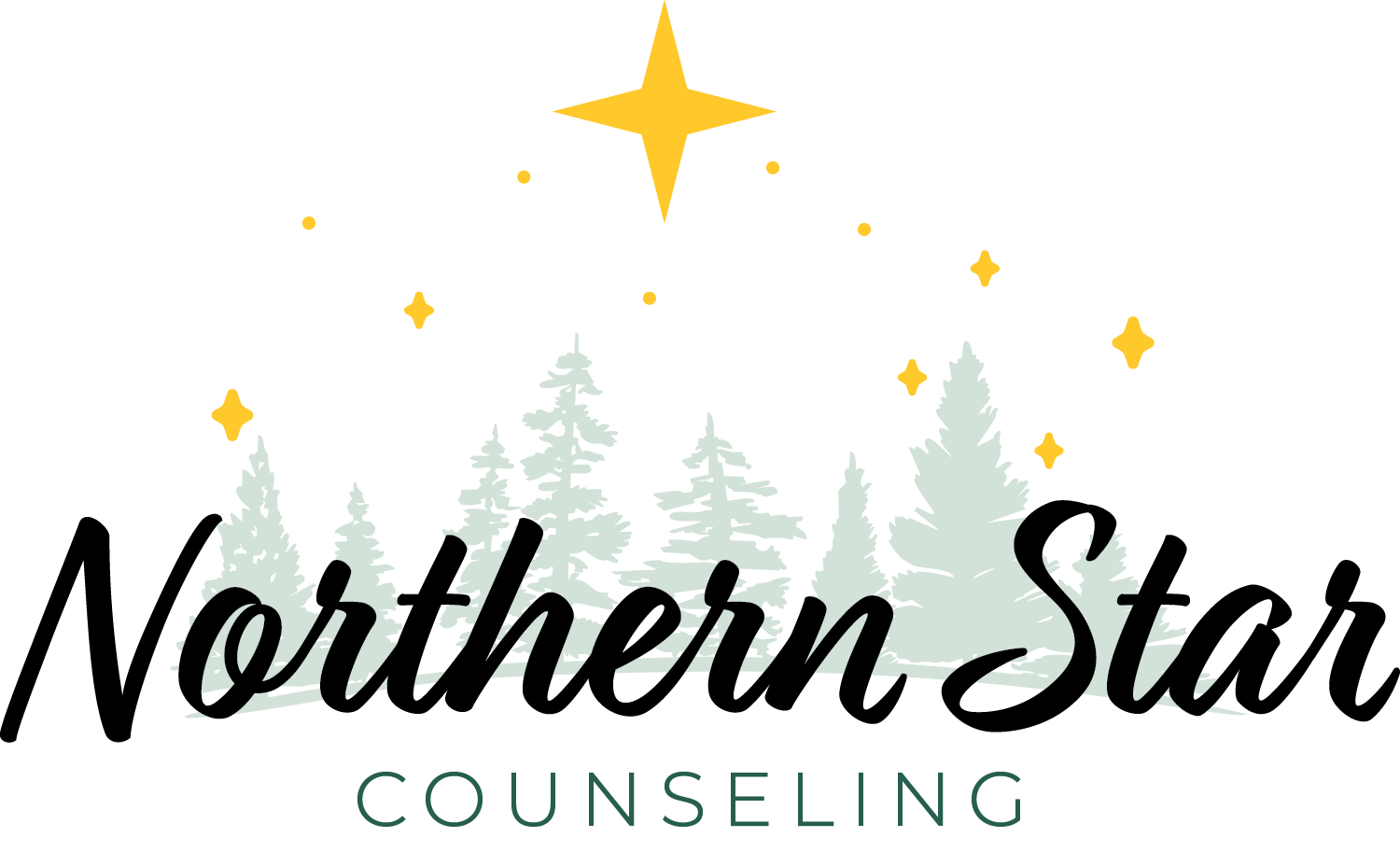Overcoming the Fears of Starting Counseling: A Guide to Embracing the Journey
Starting counseling can feel like a daunting step. For many, it's a journey into the unknown, filled with uncertainties and fears about what to expect. Concerns about judgment, vulnerability, and confronting difficult emotions head-on are common. However, understanding these fears and learning how to overcome them can transform apprehension into empowerment. Here's a guide to embracing the counseling journey, designed to ease your concerns and encourage you to take that brave first step.
Acknowledge Your Fears
The first step in overcoming the fears of starting counseling is to acknowledge them. It's okay to feel scared about opening up to a stranger or worried about revisiting painful parts of your past. These feelings are valid and more common than you might think. Recognizing your fears is a crucial step toward addressing them.
Understanding the Common Fears
Fear of Judgment: Many fear being judged by their therapist. However, therapists are trained to provide a non-judgmental space for you to explore your thoughts and feelings. Their role is to support you, not to pass judgment.
Fear of Vulnerability: Opening up about personal issues can be intimidating. It's natural to protect ourselves by keeping our guard up. However, vulnerability is a strength in therapy, allowing for genuine healing and growth.
Fear of Emotional Pain: Unpacking emotional baggage can be painful. The prospect of facing this pain head-on can deter people from starting counseling. Remember, it's about healing, not just uncovering pain. Therapists guide you through this process at a pace that feels right for you.
Fear of Change: Even if current circumstances are challenging, they're familiar. Counseling can lead to change, which is inherently scary. Embrace the idea that change, in this context, is aimed at improving your well-being and quality of life.
Strategies to Overcome These Fears
Educate Yourself: Learning about the counseling process can demystify it and reduce anxiety. Many therapists offer initial consultations where you can ask questions and get a feel for what to expect.
Choose the Right Therapist: Finding a therapist you feel comfortable with is key. Don’t hesitate to "shop around" until you find someone who makes you feel understood and safe.
Set Personal Goals: Having clear goals for what you hope to achieve through counseling can provide direction and make the process feel more manageable.
Embrace Small Steps: Remember, counseling is a journey. It's okay to take small steps and celebrate progress along the way. You control the pace.
Utilize Support Systems: Sharing your decision to start counseling with trusted friends or family members can provide additional support and encouragement.
Embracing the Journey
Starting counseling is a courageous step towards self-discovery and healing. It’s a decision to prioritize your mental health and work towards a happier, healthier you. While the journey may seem daunting at first, overcoming the initial fears opens the door to profound personal growth and fulfillment.
Remember, You're Not Alone
If you're considering counseling but are held back by fear, remember that you're not alone. Many before you have walked this path and found not just healing on the other side, but a deeper understanding of themselves and a renewed zest for life. Your fears are the gatekeepers to your growth. With the right support and a willingness to confront them, you can unlock a world of potential within yourself.
Starting counseling is an act of bravery and self-love. By acknowledging your fears, understanding them, and taking proactive steps to address them, you can make the counseling journey a rewarding and transformative experience.


